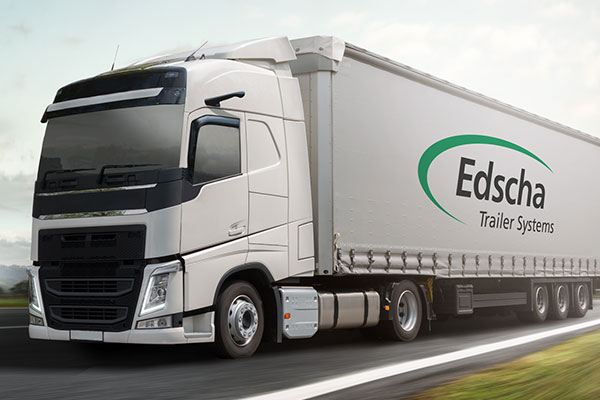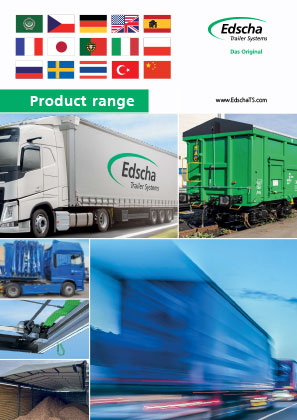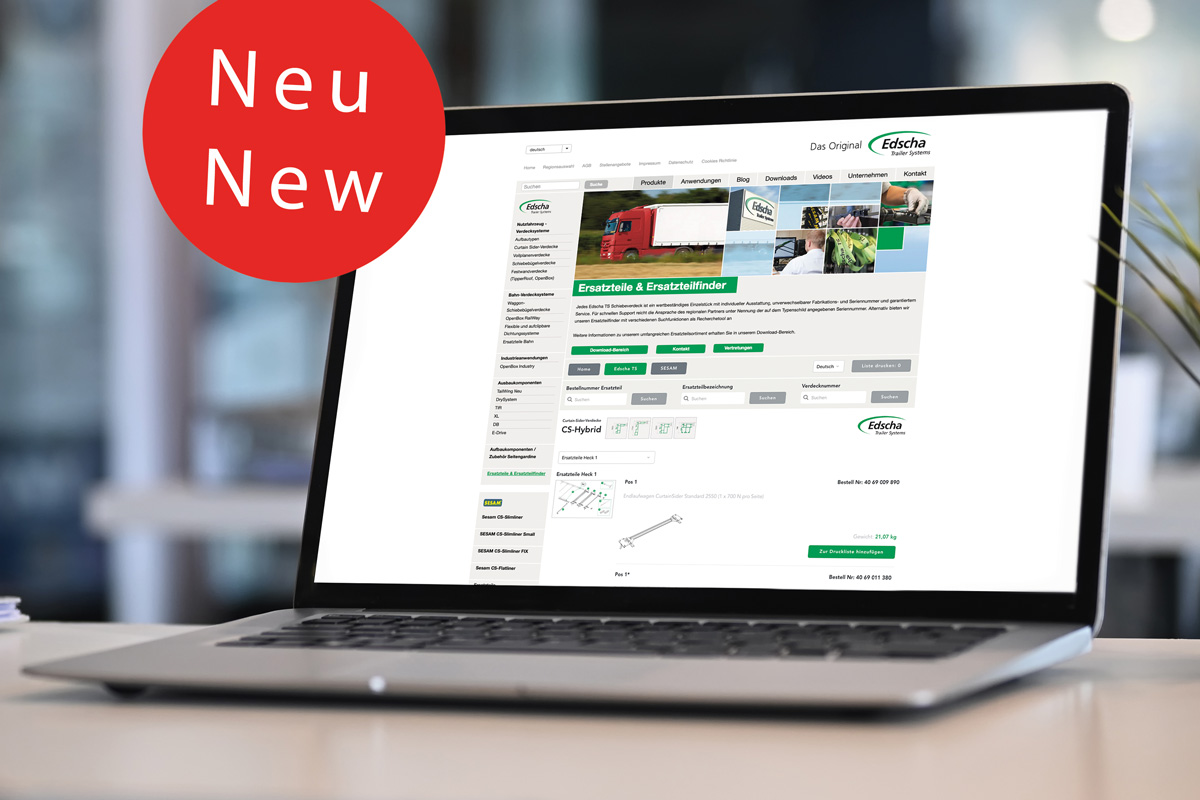TCO: A holistic perspective on costs
The Total Cost of Ownership (TCO) concept evaluates all direct and indirect costs associated with the purchase, operation and maintenance. It takes into account useful life, operating costs, maintenance costs, efficiency and loss of value. This enables companies to make informed decisions that take into account not only short-term but also long-term financial consequences.

Recognizing the diversity of costs from the outset
When purchasing new soft top systems for vehicles, the offer from a lesser-known manufacturer may initially appear cheaper than that of an established manufacturer such as Edscha TS. However, a detailed analysis including the TCO reveals other important factors: technical reliability, service quality, availability of spare parts and safety standards. Taking these aspects into account makes it possible to reassess the true value of an offer.
Consideration of management costs and beyond
In addition to direct costs, indirect costs such as maintenance, servicing, spare parts and wear parts costs as well as financing costs are also part of the TCO analysis. These costs, which are often not immediately visible, can have a significant impact on the profitability of an investment. The useful life of the product is also an important factor in the calculation.
The final bill
A realistic assessment of the total costs of an investment takes all possible costs into account. This enables companies to compare offers comprehensively. A higher purchase price can be justified by lower operating and maintenance costs as well as a longer service life. A well-founded analysis of the total cost of ownership is crucial in order to ultimately make an economically sensible decision. Experienced fleet operators therefore track and know all costs in detail over the vehicle's service life. Because, as is usually the case in life, the accounts are settled at the end.






